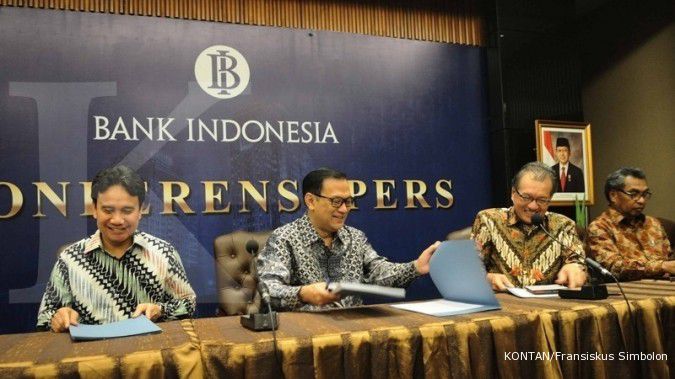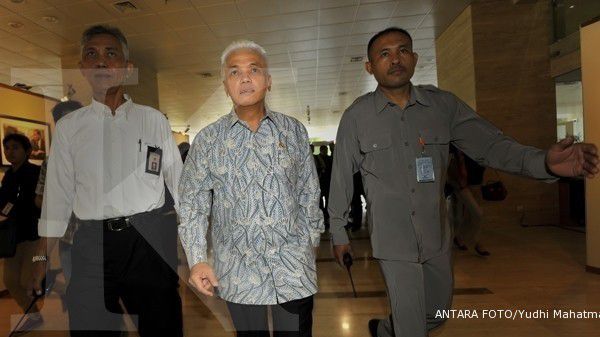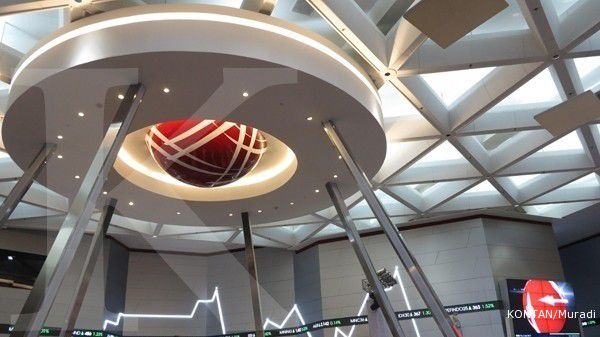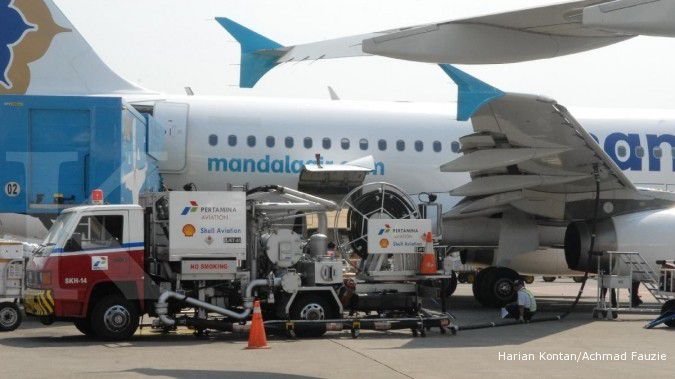JAKARTA. Indonesia’s commitment to increasing its value-added exports has proven to be a vast boon to the economy, with the country set to see at least Rp 180 trillion (US$14.83 billion) of realized investment in the construction of mineral and palm-oil refineries, the Investment Coordinating Board (BKPM) says. Of the prospective investment plans, approximately Rp 150 trillion would be spent on the construction of mineral-smelting plants with the other Rp 30 trillion invested in the construction of palm-oil refineries, BKPM chairman Mahendra Siregar said on Tuesday. If realized, the investments would greatly support economic growth as the amount was equal to around one-third of the annual realized investment target of Rp 450 trillion set for this year, he told a press briefing.
Mahendra predicted that total realized investment in local smelters could even jump threefold within the next two or three years if the Mining Law was imposed consistently. “If not, however, it could lead to uncertainty for investors who, instead of implementing such investments, will adopt a wait-and-see approach,” the BKPM chief warned. Indonesia has decided to go ahead with its controversial plan to ban exports of raw ores beginning this year in line with the 2009 Mining Law, which stipulates that mineral products should first be processed in local smelters before being shipped overseas for export. Due to a lack of smelting facilities, mining companies are allowed to export semi-finished mineral concentrates until the end of 2016, albeit with a higher export-tax obligation. Beginning 2017, ores should be fully refined in local smelters. The law was met by strong opposition from foreign-based mining firms operating here, which insisted that building smelters was commercially unfeasible. The export restrictions, combined with the higher export taxes, has threatened the operation of several existing companies. Many miners have claimed the measures would result in the closure of their mining operations, leading to widespread layoffs. Mahendra said the law had so far proved capable of encouraging local industries to process their raw ores domestically, as evinced by the surge in realized investments in the building of smelters. The mining sector accounted for around 20 percent of total realized foreign direct investment (FDI) in Indonesia last year.
The country realized Rp 270.4 trillion of FDI throughout last year, 22.4 percent higher than the previous year, Mahendra told the press briefing. Japan was the biggest foreign investor in Indonesia last year, accounting for 16.5 percent of total realized FDI in the archipelago, followed by Singapore (16.3 percent), the US (8.5 percent), South Korea (7.7 percent) and the UK (3.8 percent). FDI accounted for 68 percent of the total realized investments in Indonesia of Rp 398.6 trillion last year — a record high — with the rest coming from domestic direct investment. Philip McNicholas, an economist with BNP Paribas in Hong Kong, argued that the implementation of the Mining Law “may provide a short-term boost to FDI, create new industry clusters and potentially crowd in other investors in the future”. The prospective creation of higher-wage jobs generated from the added-value exports could also boost the attractiveness of investments targeting Indonesian consumers, McNicholas explained on Tuesday via an email interview. (Satria Sambijantoro)





